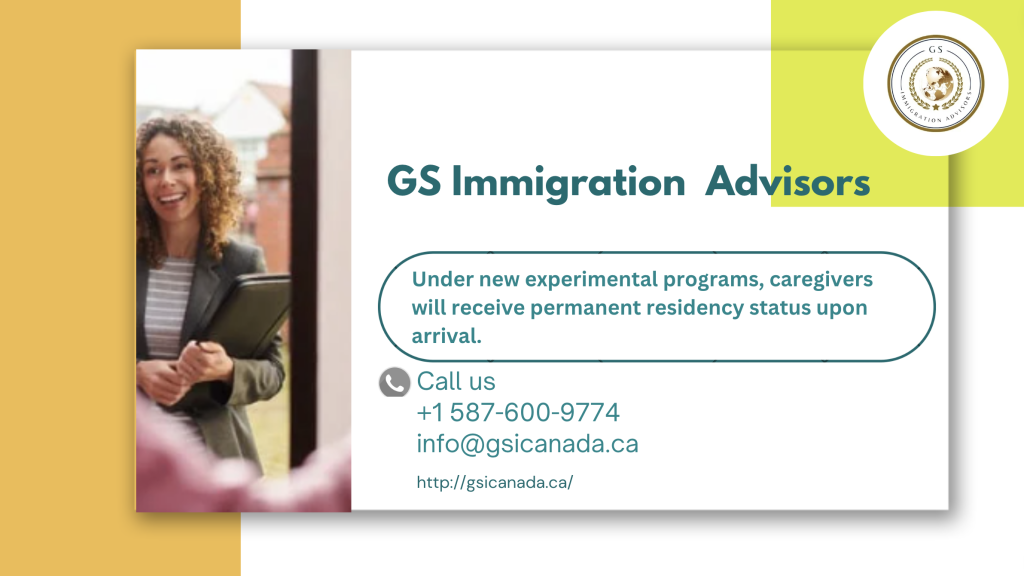
As the current Home Child Care Provider Pilot and Home Support Worker Pilot programs near their expiration dates, Canada has announced new, improved caregiver pilot programs.
On June 17, the current pilot programs are scheduled to end. Instead of requiring a specific amount of work experience in Canada, the new pilot programs will award home care professionals with permanent residence status upon their arrival.
Additionally, they will be allowed to work for “organizations that provide temporary or part-time care for individuals who are recovering from an illness or injury or who are semi-independent.”
In order to qualify, caregivers must:
- achieve the Canadian Language Benchmarks (CLB) minimum of level 4.
- possess the same standing as a high school certificate in Canada.
- possess current, pertinent work experience
- obtain a full-time home care employment offer
The former pilot programs’ requirements, which included a CLB of 5 and a year of post-secondary education in Canada (or an equivalent program abroad), have been replaced by this new set of criteria. A minimum of six months of work experience was also required for the programs. The work experience criterion for the new pilot programs has not yet been made explicit by the IRCC, although it is expected to be disclosed closer to the official launch.
Immigration Minister Marc Miller stated in an IRCC press release that “our programs need to reflect caregivers’ invaluable contributions, as they play a critical role in supporting Canadian families.” These two new pilots will not only increase caregiver assistance and give families the high-quality care they need, but they will also help us in our efforts to establish a permanent caregivers program.
Canadian caregivers
The 2024–2026 Immigration Levels Plan states that Canada anticipates accepting over 15,000 new permanent residents through caregiver programs. As of April 30, 2024, about 5,700 caregivers and their families had obtained permanent residency following the start of the Home Support Worker and Home Child Care Provider Pilots in 2019.
As the population ages, there is an increasing need for caretakers in Canada. It is anticipated that more than nine million Canadians would retire throughout the next six years. This implies that more people will require greater care in their homes or institutions during the next years.
In addition, a recent report from the Canadian Centre for Caregiving Excellence outlines urgent requirements for Canadian caregivers. It mentions that “many caregivers are 65+ and may also need care” is one of them. Approximately 50% of caretakers are older than 65. The least likely group of caregivers to use supports or services to assist them in carrying out their duties is senior caregivers.
Last but not least, as more women, who have historically taken on more of the caregiving responsibilities for small children, attempt to enter the workforce, families in Canada need childcare providers. Data from 2023 from Statistics Canada revealed that
The labor force participation rate increased annually from 58.5% in 1990 (the start of the current data series) to 61.5% in 2022 for women who were 15 years of age or older and all educational levels. Over the same period, the rate for men fell from 76.1% to 69.5%.